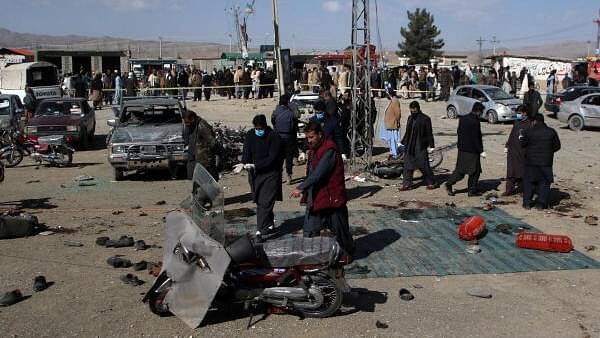Following the declaration of independence by Balochistan from Pakistan, the phrase “Republic of Balochistan” has trended widely on social media platforms. The statement by Baloch leader Mir Yaar Baloch, who said “Not Pakistan, but Balochistan,” has attracted significant international attention.
Baloch Leaders Seek Global Support and Recognition
Baloch leaders have called for recognition and support of Balochistan’s independence from India, the United Nations, and the global community. They have expressed full support for India’s stance on occupied Kashmir and urged the Indian government to allow a Baloch embassy in New Delhi.
Appeal to the United Nations for Recognition
The leaders of the Democratic Republic of Balochistan have requested the United Nations to recognize their independence and convene a meeting of all member nations to discuss their status.

Statements Shared Through Social Media
Mir Yaar and other Baloch leaders used the social media platform X (formerly Twitter) to make these declarations. They highlighted that the people of Pakistan-occupied Balochistan have taken to the streets demanding freedom. Their message is clear: Balochistan is not part of Pakistan, and the world cannot remain silent anymore.
Identity and Demand for Respect
Mir Yaar emphasized that the Baloch people should not be referred to as Pakistanis because they identify themselves as Balochistanis. He urged the international community to pressure Pakistani authorities to withdraw from the region.
Calls from Indian Leaders for Balochistan’s Freedom
Earlier, BJP leader Subramanian Swamy also called on India to officially support Balochistan’s independence and work toward its admission into the United Nations.
Human Rights Violations Under Pakistani Rule
Balochistan, located in Pakistan’s southwest, has long witnessed severe human rights abuses, including killings, disappearances, and suppression of dissent. Due to restricted media access, many violations remain unknown internationally. The declaration of independence highlights resistance to these ongoing oppressions.
